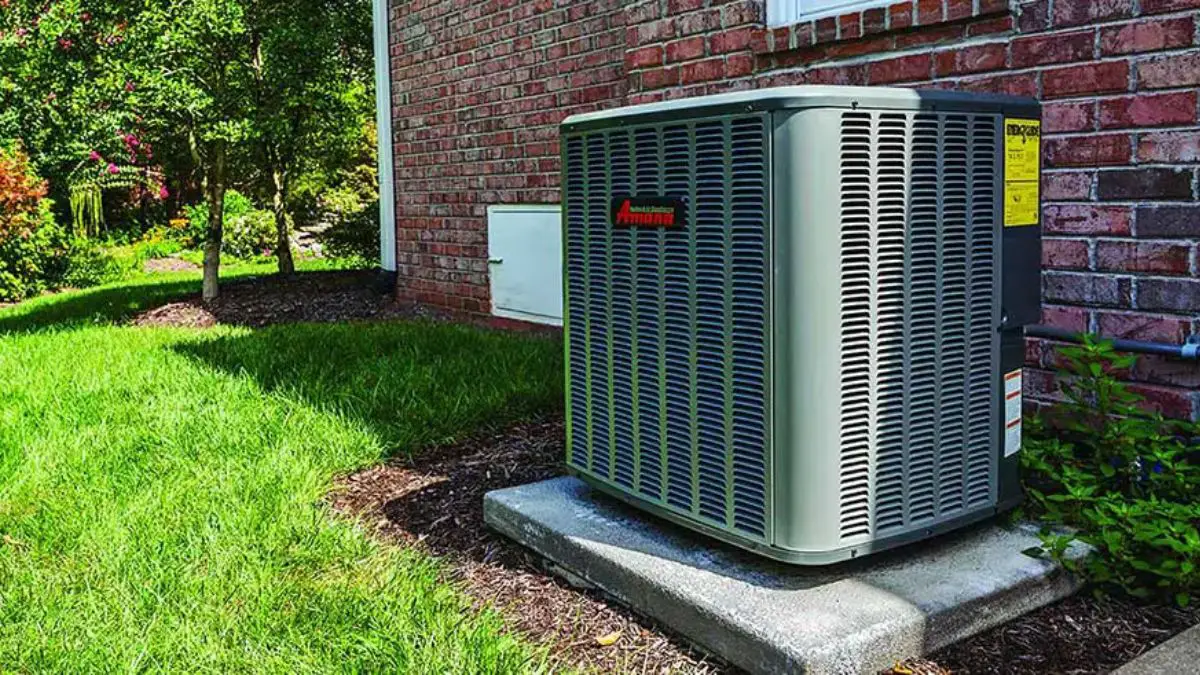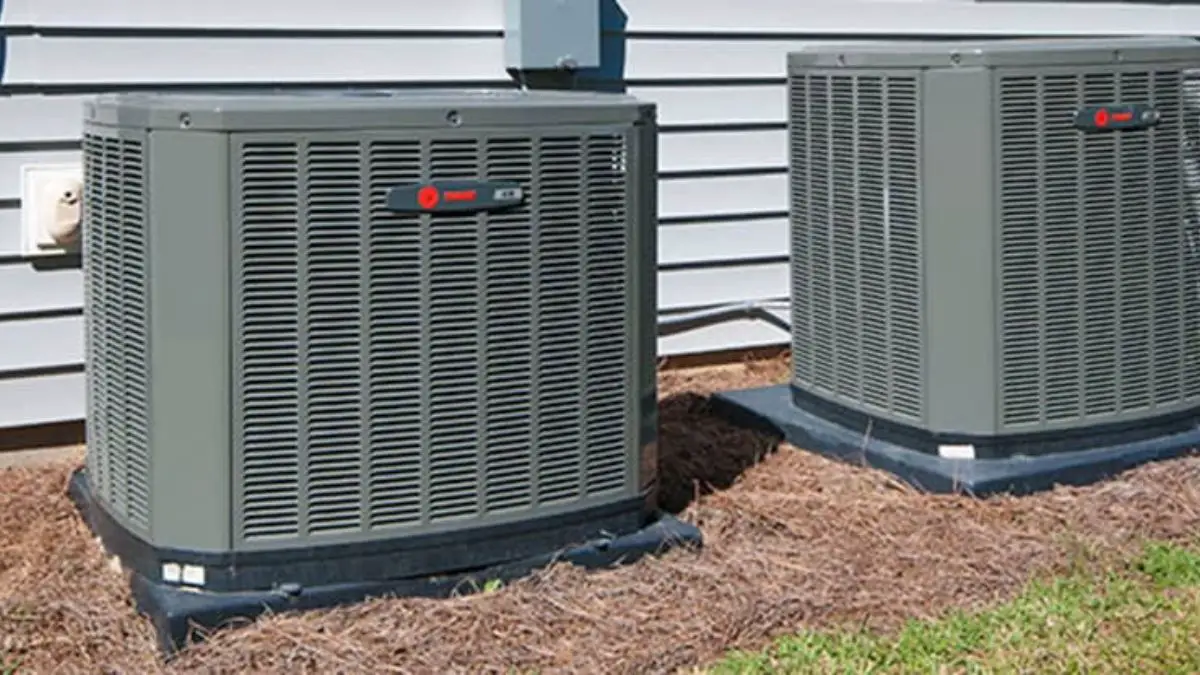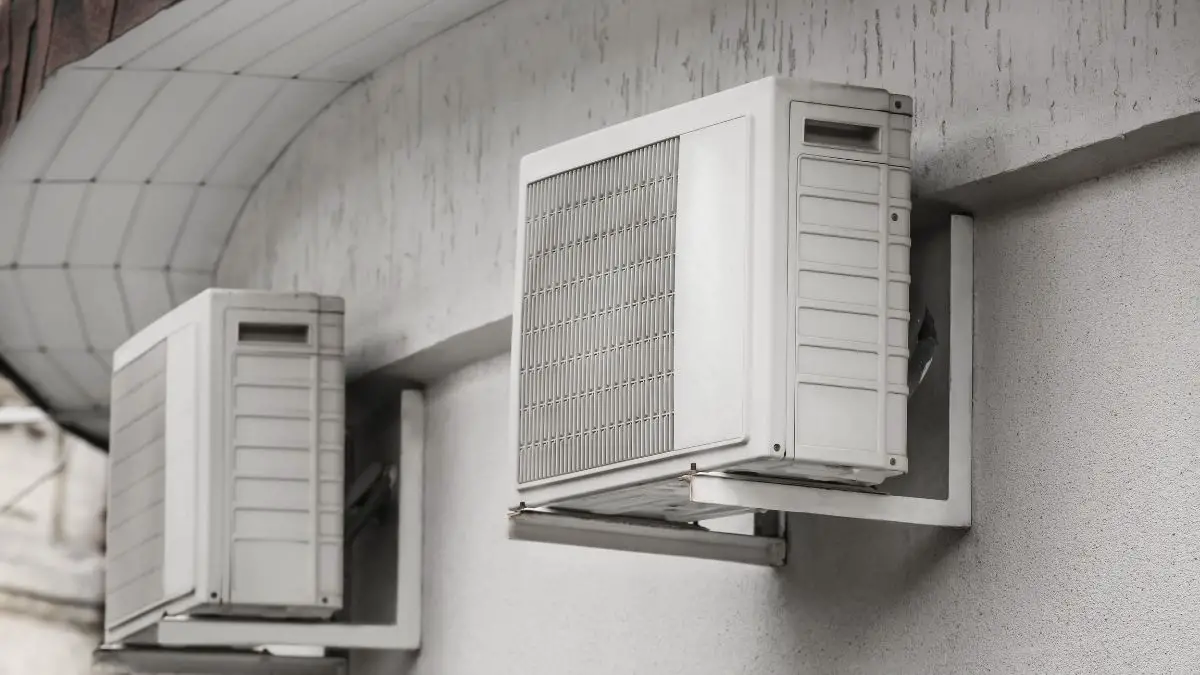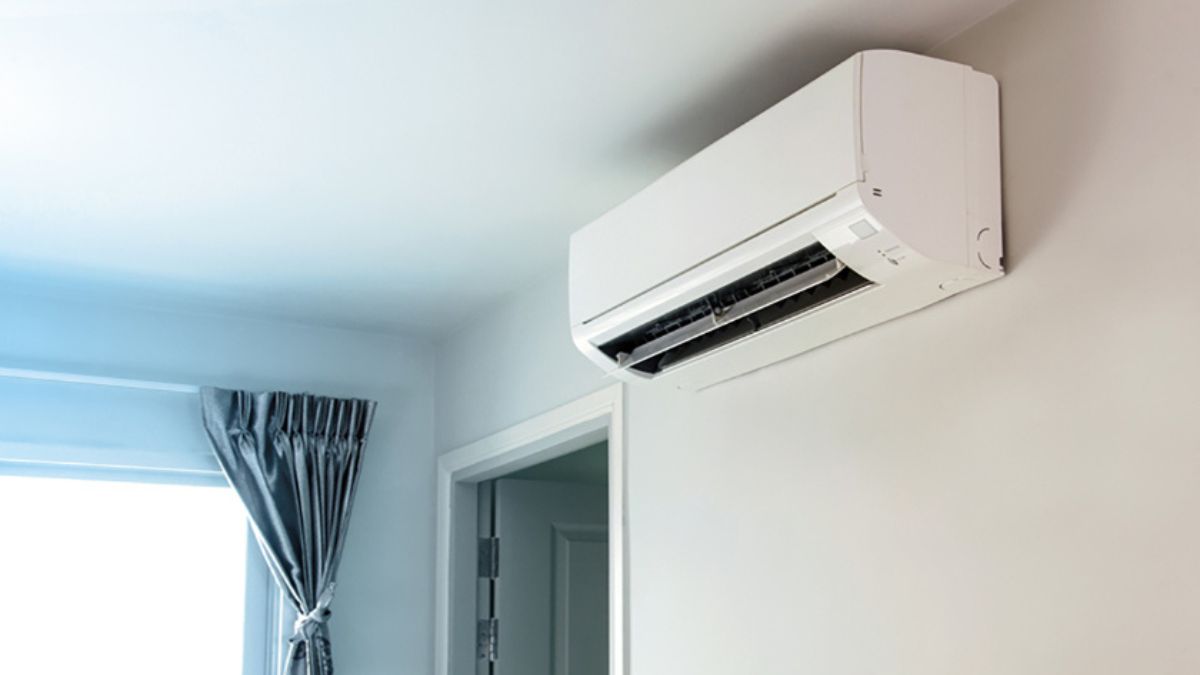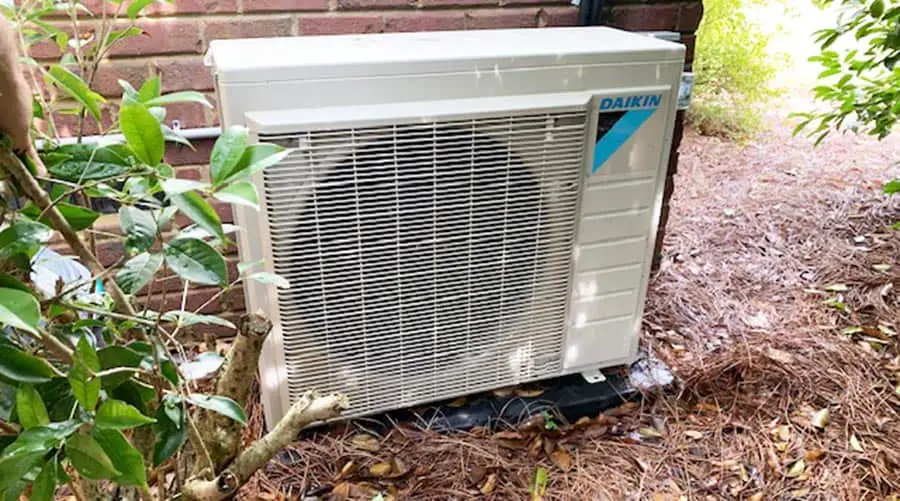
Ductless heat pumps offer massive energy savings and are very easy to maintain. Because they are ductless, they can even be used in extremely cold weather down to as low as -2 degrees. Proper care and regular maintenance will keep your heat pump running smoothly for many years. But how long will these systems last?
A ductless heat pump will last about 15 to 20 years. The lifespan of a ductless system varies between 10 to 25 years depending on maintenance, usage, and location. Ductless heat pumps located in coastal areas will have a much shorter lifespan of 8 to 10 years due to the inherent harsh climate.
Throughout this article, you’ll learn the following info:
- Details about ductless heat pumps and how many years they last
- Different tips to make it last longer
- Issues that people experience with ductless heat pumps and how you can fix them
What Is the Life Expectancy of a Ductless Heat Pump?
| Brand | Life Expectancy | Price | Highlight |
|---|---|---|---|
| Mitsubishi | 15 Years | ~$3,800 to $4,800 | Customer Service |
| LG | 12 Years | ~$3,650 to $12,500 | Temperature Range |
| Daikin | 15 to 20 Years | ~$1,800 to $4,000 | Anti-Corrosion Coat |
| Fujitsu | 12 to 14 Years | ~$4,000 to $5,500 | Eco-Friendly |
| Gree | 10 to 12 Years | ~$1,500 to $6,000 | Energy-Efficient |
As you can see from the table above, most ductless heat pumps fit within the aforementioned range of 10 to 30 years. While manufacturers don’t promise anything over their warranty period, typically 6 years on parts, concur that most ductless systems will last 15 to 20 years. It’s not uncommon to see well-maintained systems provide up to a decade of additional performance.
Are Ductless Heat Pumps Worth It?
The values above give you an estimated timespan before replacing parts regularly. If you’re consistent with repairs, you can allow the ductless heat pump to reach 30 or more years.
According to The Heat Pump Store, you can save more money by getting an energy-efficient heat pump than a regular model. They might cost a little bit more upfront, but you’ll save down the road. In other words, spend the money now to save much more later.
Although each brand has its own unique highlight next to it, all of the five brands mentioned are well worth the investment. They’re more efficient than others and move air quicker than anything you’ll find elsewhere. A heat pump that lasts over ten years for such a low cost is a no-brainer compared to traditional air conditioner units.
In our article Ductless Mini-Split Heat Pumps 101: Are They Worth It? we dig into this more detail. We include videos on various heat pump brands, efficiency ratings, and more.
Another benefit to ductless systems is that, with a helper and a few tools, they can be a DIY installation. Check out our Installing a Ductless Heat Pumps: A DIY Guide for instructions and tips.
If you already have a ductless heat pump and are wondering how to push the life expectancy further, then the next section will be a breath of fresh air. The guidelines are mere estimations, so there’s no reason that your unit can’t last well beyond them.
How Can You Make Your Ductless Heat Pump Last Longer?
If you feel like your ductless heat pump isn’t producing the power it once did, there’s a high chance that something needs to be replaced or repaired. Fortunately, most of the fixes are cheap and easy.
Whether you just bought your mini split heat pump or you’re looking for ways to extend its lifespan, you’re in the right place. Here are five ways to make your heat pump last longer:
- Clean the filter regularly. If you don’t take the time to clean and remove dust from the filter in your ductless heat pump, it’ll overheat. As more debris accumulates, your heat pump has to work harder, putting unnecessary stress on the unit. Check your air filter every two weeks to see if it needs cleaning. We have an article on How to Clean Ductless Mini Split Air Filters which can help show you what to do.
- Clear everything from the inside and outside of the filter. The air coming in and going out of the pump shouldn’t be obstructed. Try to move everything within 3 feet away to allow air to move freely. When you have bushes, nightstands, and other objects in front of your system, it has to work harder and longer.
- Clean the airways weekly or as needed. The vents and ledges around the vent are just as important as the filter. When they get dusty and dirty, they ruin various unit components. For example, too much hot dust can wear away at the coils, which aren’t too cheap to replace.
- Never let your ductless heat pump freeze. If you live in an area below freezing, then running the heat pump through the night is a good idea. When the pipes freeze, they can break easily. Coils, condensers, filters, and other parts are also subject to damage from low temperatures.
- As Compact Appliance suggests, hire a professional when needed. Annual checkups are highly recommended, even if you’re not concerned about any issues. You never know when a small repair can save you loads of money. Nothing’s worse than having a broken heat pump in winter!
Common Problems & Concerns
Ductless heat pumps are fairly self-sufficient, aside from regular filter cleanings. However, there are numerous issues that could go wrong without any warning signs. If you’re worried about this happening to your ductless heat pump, then see #5 from the previous section. Peace of mind is worth more than anything with HVAC systems.
Aside from the rare outliers, let’s check out a handful of common problems associated with old heat pumps. They’ll let you know when it’s almost time to replace a couple of parts (or maybe even the whole unit).
- If your heat pump gets increasingly louder by the week, it might be time to look for repairs. Clogged filters, broken coils, and blockages can all be the cause. However, there might be broken pipes or a frozen condenser. Unfortunately, hiring a pro is sometimes the only way to know.
- If your ductless heat pump isn’t producing the same temperature it used to, you have a serious problem. Old or leaking refrigerant is often the cause of a heat pump that doesn’t put out the correct temperature. Broken coils, malfunctioning condensers, and a bad thermostat can also cause this issue.
- Corrosion and rust can also be present, although they’re rare. Conditioned Air, Inc. states that people who live in coastal towns can experience these issues. They’re often caused by excessive humidity and salinity in the air. The combination of salt and moisture is horrible for most electronics.
- Loose connections seem to be common in older units. Fortunately, all you have to do in most cases is reconnect them. Always start by turning off the power to the ductless heat pump before working with any wires (or all other parts). If rewiring doesn’t work, you should use a multimeter to find out where the power isn’t going.
How Often Should You Replace Your Heat Pump?
Ductless heat pumps should last over a decade under proper usage and maintenance. Depending on the brand that you have, you can expect between 10 to 30 years from your unit. Remember that regular inspections and cleanings are the keys to increasing the longevity of your ductless heat pump.
It is also worth noting that, at some point, if your system requires a lot more maintenance, it becomes more prudent to replace the system. Advancements in heat pump technology are expanding rapidly.
While systems can last up to 20 years, it doesn’t make it the most cost-efficient thing to do. Because technology advancements are moving so fast, manufacturers stop producing parts on older systems which may make it hard to repair a ductless system that is over 12 to 15 years old.
There’s an old adage that states, “If it ain’t broke, don’t fix it” However, that simply isn’t always the best course of action. Sometimes, it is better to play offensive rather than defensive.
Depending on the failure, you could be wasting money by prolonging the inevitable. It’s wise to fix and maintain your ductless system, but there comes a time when enough is enough.
Conclusion
Here’s a quick recap of the post:
- People living in coastal towns might experience rust and corrosion much quicker. If you live within a mile of the coast, you can expect a lifespan of 8 to 10 years.
- Always inspect the filter every two weeks. Clean the air filter as needed to keep your mini-split system running great for years.
- Hire a professional annually to come out and look through your system. Annual service helps to prevent little problems from becoming major premature breakdowns.
- Loud or abnormal sounds from a heat pump are never expected. Always get them checked out!


